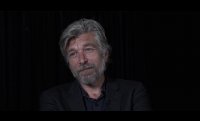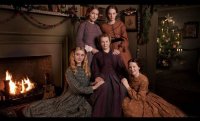Jacqueline Woodson Named National Ambassador for Young People’s Literature, Leaked Excerpts of Book on Trump, and More
Fred Bass, the man who transformed the Strand Bookstore, dies; submission fees in poetry publishing; Academy of American Poets names three new chancellors; and other news.







![READY PLAYER ONE - Official Trailer 1 [HD]](https://www.pw.org/files/styles/video_thumb_medium/public/media-oembed/i.ytimg.com/vi/cSp1dM2Vj48/hqdefault.jpg?itok=GIhtH0YA)

